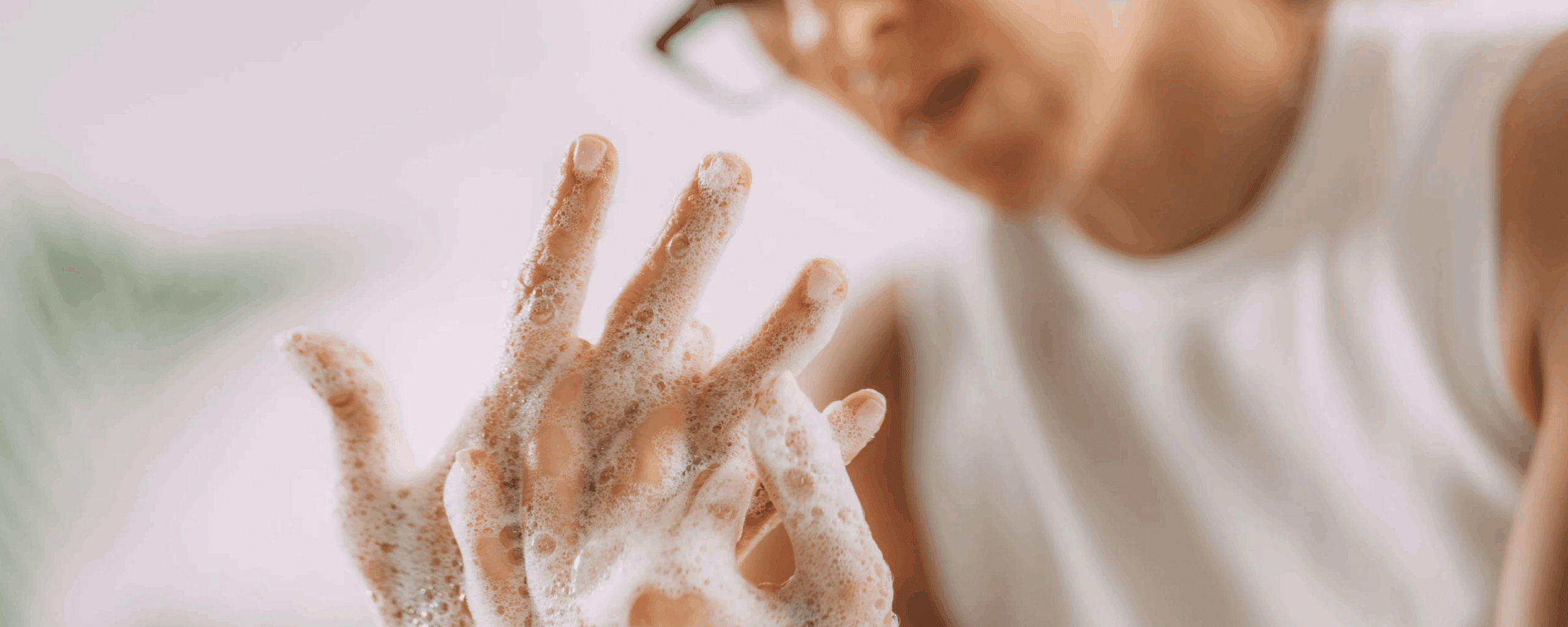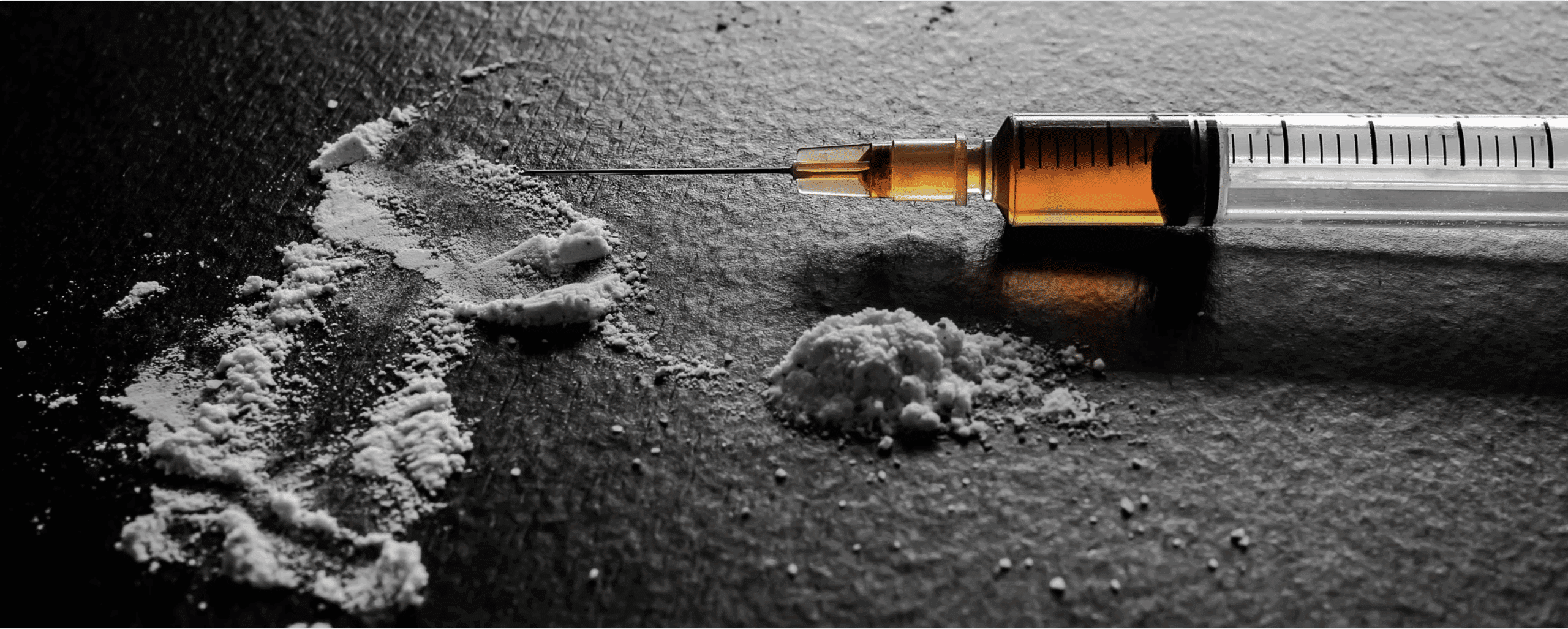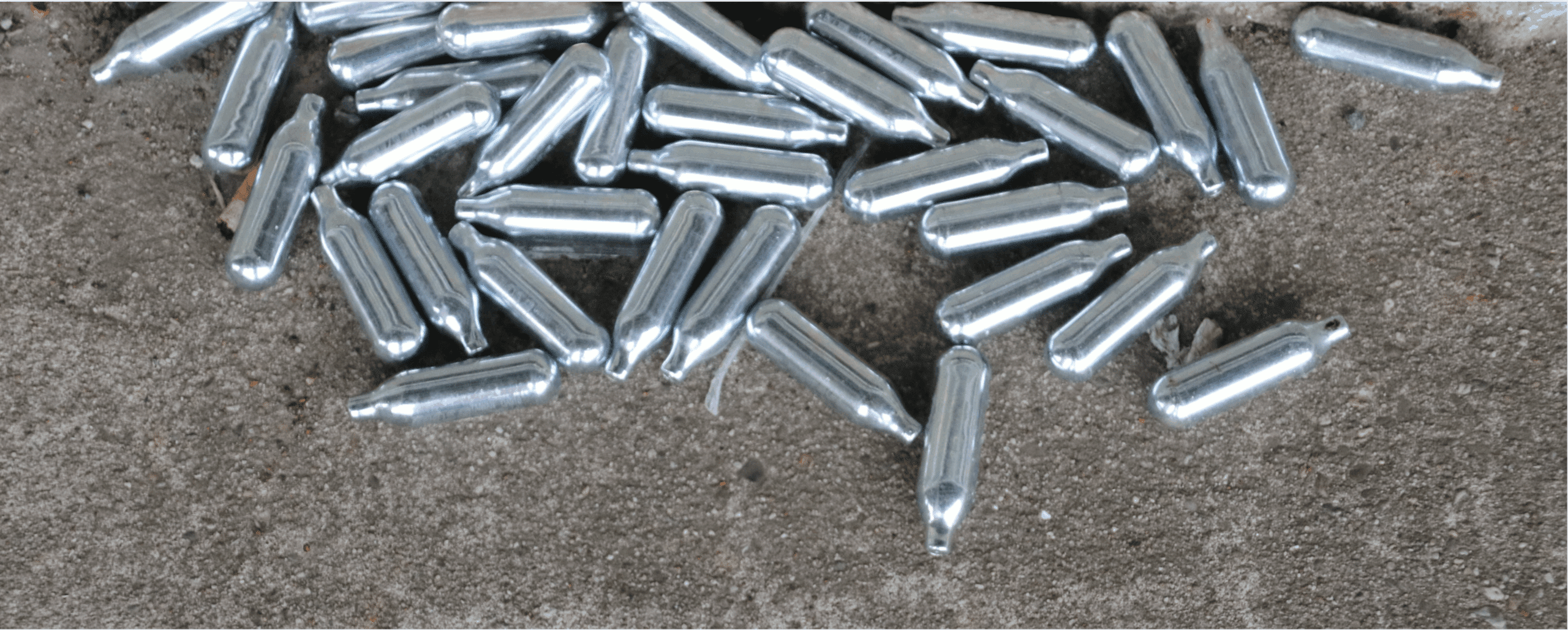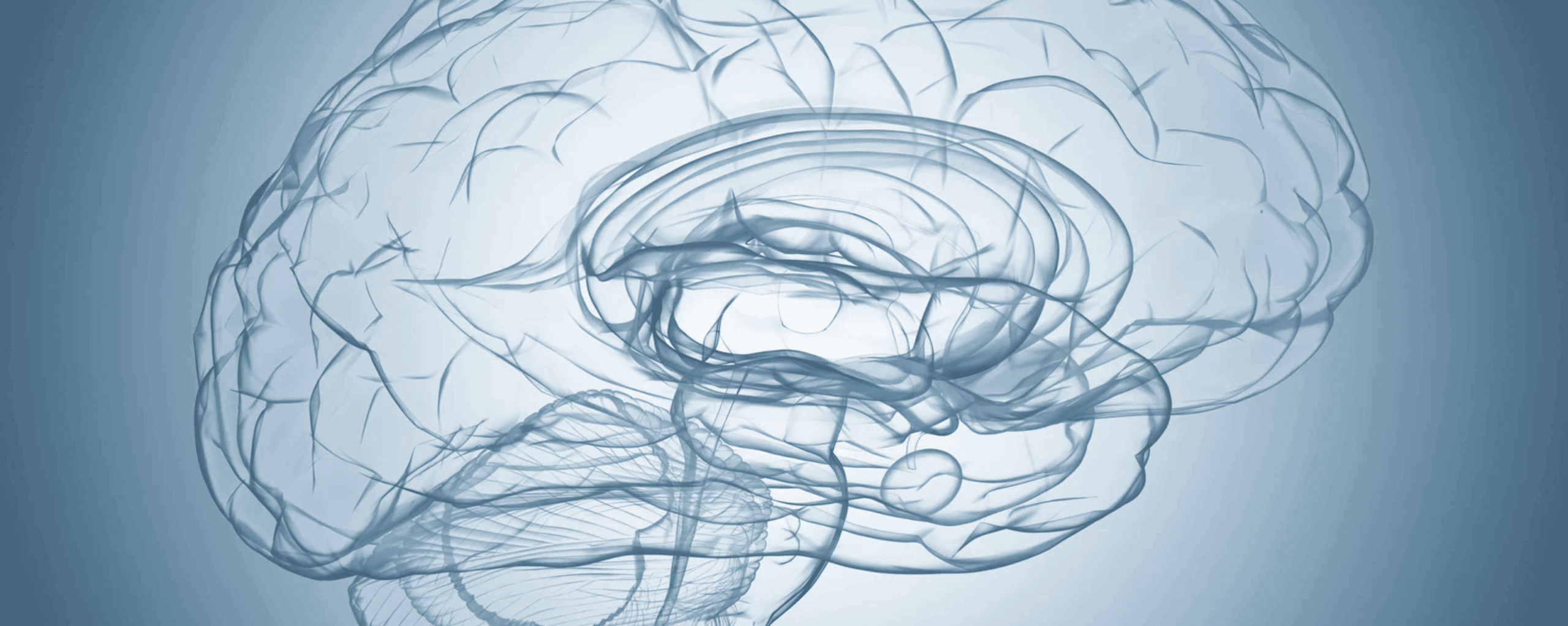Cravings are a normal part of recovery from alcohol addiction. They happen for a couple of reasons. With regular substance abuse, your brain develops strong associations with places, feelings, situations, and people tied to your drinking. Research shows these associations are so strong that just encountering them is almost like having drugs or alcohol in front of you.
Another culprit of alcohol cravings, especially in early recovery, is the damage done to your central nervous system by substance abuse. Your brain grew accustomed to alcohol helping produce “feel-good” chemicals like dopamine and serotonin. Without alcohol, it must re-establish appropriate serotonin and dopamine levels on its own without the help of alcohol. This can take some time and may create a condition known as post-acute withdrawal syndrome (PAWS). PAWS are lingering alcohol withdrawal symptoms that are usually psychological and can last for weeks or months. During this period, you may experience anxiety, depression, agitation, insomnia, and other symptoms as your brain restores homeostasis. You may crave alcohol to self-medicate these symptoms.
The good news is that there are ways to diminish alcohol cravings. You probably already know that practices like attending support groups, therapy, and avoiding triggers can help, but proper nutrition is also a powerful force in long-term recovery.
David Wiss, MS, RDN, and PhD candidate is a nationally recognized expert in nutrition and substance use disorders and a published author. He is the founder of Wise Mind Nutrition and Nutrition in Recovery, which provide nutrition services, resources, and education for people struggling with addiction, mental health disorders, eating disorders, and other behavioral health issues. Wiss weighs in on foods that curb alcohol cravings and help the addiction recovery process.
Why Is Nutrition Important in Addiction Recovery?
Many alcoholics are malnourished. When alcohol use turns into an addiction, eating healthy food falls by the wayside. You’re usually either trying to obtain alcohol, drinking alcohol, or planning when you’ll drink again. You’re lucky if you eat three meals a day, much less maintain a healthy diet.
Alcohol also slows down digestion and the way your body absorbs, transports, and excretes nutrients. It interferes with the breakdown of nutrients into molecules the body can use. Alcohol also damages cells in the intestines and stomach, which causes them to absorb less nutrients.
Wiss says that eating foods rich in certain nutrients is an important part of repairing damage done to the body by alcohol abuse as well as counteracting several conditions that can lead to alcohol cravings.
Inflammation
Alcohol damages the gut lining which can fuel a series of inflammatory responses. Mental health disorders like depression are linked to heightened inflammatory activation. This is relevant because many people with addictions try to self-medicate mental health symptoms with alcohol or drugs. “Gut-healing foods reduce inflammation at the gut level, which may in turn reduce inflammation throughout the body, including the brain,” says Wiss.

Micronutrient Deficiencies
Chronic alcohol use is associated with several micronutrient deficiencies, particularly B vitamins. Micronutrients play a critical role in energy level, aiding the immune system, and other essential functions. Low energy and feeling poorly can trigger alcohol cravings. “Nutrient-dense foods and a balanced diet help to address the micronutrient deficiencies that can actually contribute to the craving cascade,” says Wiss.
Erratic Blood Sugar Levels
Glucose and alcohol consumption are inextricably linked. When your blood sugar levels are off and you’re feeling out of sorts or have a low mood, you may feel a stronger pull to use alcohol. “Regular alcohol use impairs blood sugar response — setting up highs and lows,” says Wiss. “Regular eating patterns can help normalize that. Having stable blood sugar can improve your mood.”
Cross Addictions
You may have been cautioned about trading in one addiction for another in recovery. Cross addictions typically involve other dopamine-seeking behaviors. For example, you quit heroin but begin to abuse alcohol or marijuana. Cross addictions can also be behavioral — you quit drinking but develop binge-eating disorder or a gambling addiction.
Eating foods that support brain health and neurotransmitter functions may help prevent urges to find other ways of obtaining similar feelings as drinking alcohol. “Alcohol addiction is associated with impaired brain reward, which often sets up other addictions, such as caffeine, nicotine, and even highly palatable foods,” says Wiss. “Therefore, deliberate efforts to improve health may counteract some of the negative cross addictions associated with abstinence.”
Foods That Curb Alcohol Cravings
Eating healthy can serve as an important relapse-prevention tool by reducing alcohol cravings and supporting overall well-being. Wiss recommends several foods to help reduce your cravings:
#1 Foods High in Omega-3 and Protein
Healthy fats like omega-3 can improve mental health and reduce cell death and inflammation that come with heavy drinking. Protein can help with dopamine levels. When dopamine levels are low — which is often the case in early recovery–it can cause cravings for alcohol.
Good sources of protein and omega-3 include:
- Salmon
- Sardines
- Chia Seeds
- Walnuts
- Flax Seeds
#2 Foods High in Fiber
Fiber, especially soluble fiber, supports a healthy gut, which is compromised from heavy drinking. Because you digest fiber slowly, it keeps your blood sugar levels steady. When you eat foods high in carbohydrates you get a quick sugar rush, followed by a drop in blood sugar levels. This can lead to alcohol cravings.
Good sources of fiber include:
- Beans
- Whole grains
- Seeds
#3 Foods High in Antioxidants
Foods with antioxidants like fruits and vegetables are great remedies for alcohol cravings for two reasons. They can lower inflammation and have positive benefits for neurotransmitters involved in alcohol cravings. These processes may help ease some of the mental health symptoms as your brain tries to rebalance itself in recovery.
Good sources of antioxidants include:
- Colorful fruits like blueberries, raspberries, strawberries, cherries, mangos, and tomatoes.
- Colorful vegetables like leafy greens, asparagus, carrots, squash, and beets.
Changing your diet won’t stop alcohol cravings altogether – they’re an unavoidable part of recovery — but it can greatly support your ability to stay strong in the face of triggers. When you feel healthy and your body is working to its best ability, it’s easier to draw on other relapse-prevention tools that help you stay sober.
Looking for Help?
Footprints to Recovery offers holistic alcohol addiction treatment programs. We’ll help you mend the physical, emotional, and spiritual wounds of addiction with both traditional therapies and alternative approaches that include fitness, nutrition, and mindfulness.

Our recovery centers provide a full continuum of care that includes:
- Alcohol detox
- Drug detox
- Inpatient rehab
- Partial hospitalization program
- Intensive outpatient rehab
- Outpatient treatment
- Sober-living residences
- Mental health treatment for dual diagnoses
Call us for a free, confidential consultation and insurance verification. Learn how we can help you build a fulfilling life in recovery.
References
- https://www.ncbi.nlm.nih.gov/books/NBK53355/
- https://www.ncbi.nlm.nih.gov/books/NBK424849/
- https://www.ncbi.nlm.nih.gov/pmc/articles/PMC4553654/
- https://www.ncbi.nlm.nih.gov/pmc/articles/PMC6658985/
- https://pubs.niaaa.nih.gov/publications/arh27-3/220-231.htm
- https://www.ncbi.nlm.nih.gov/pmc/articles/PMC2955866/
vogue-staff
Latest posts by vogue-staff (see all)
- What Is Gestalt Therapy? - July 14, 2025
- What Is Heroin? Finding Heroin Rehab Near Me - July 14, 2025













